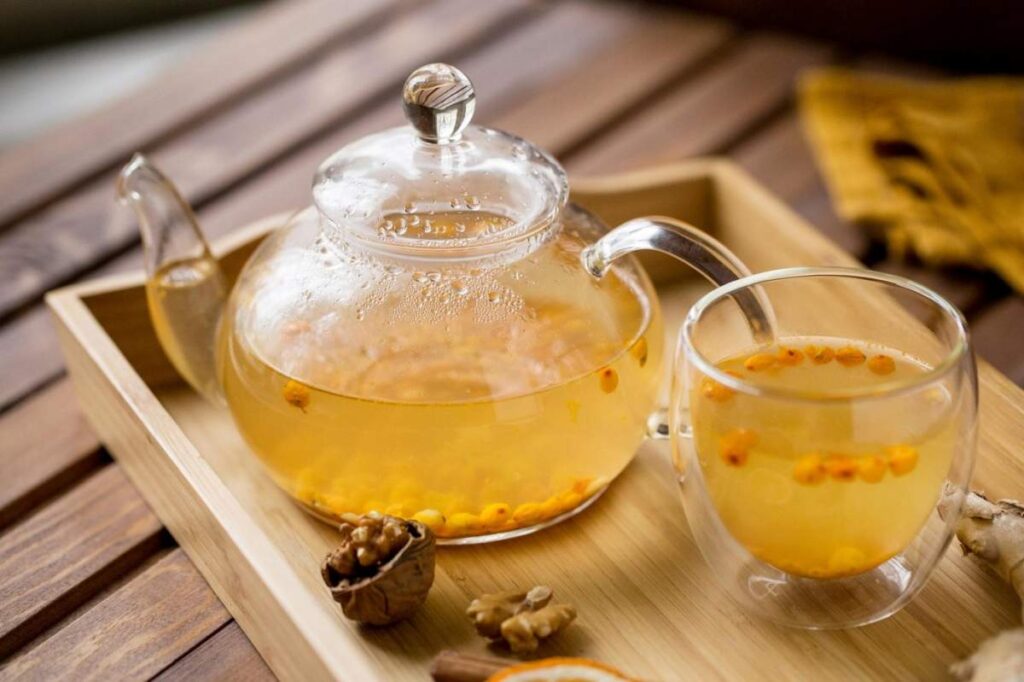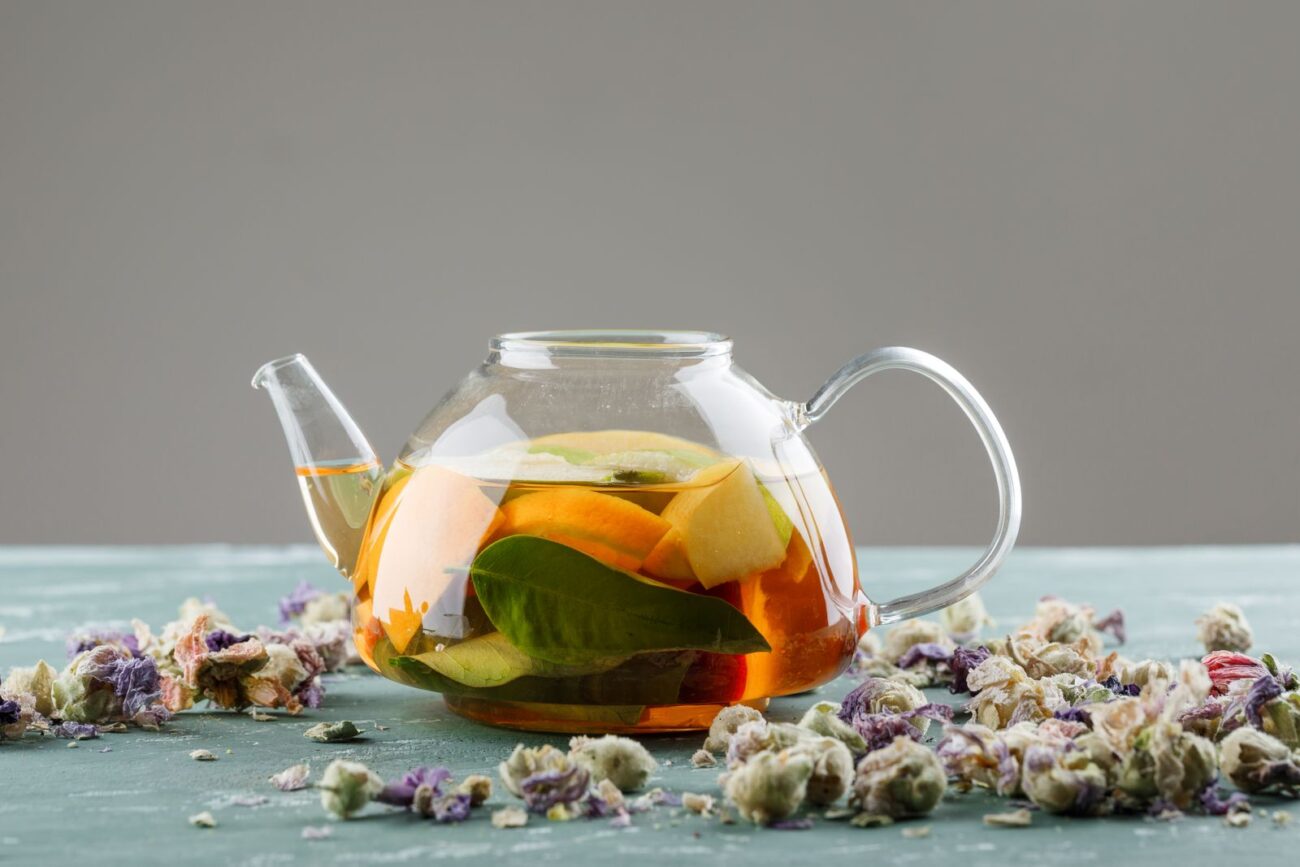Herbal teas have long been celebrated for their healing properties, and one lesser-known but highly potent infusion is thorn tea. Made from the leaves, berries, or flowers of thorny plants such as hawthorn (Crataegus) or blackthorn (Prunus spinosa), this tea carries centuries of traditional use across Europe and Asia for various ailments—from heart support to digestive wellness.
But what exactly is thorn tea? What can it do for your health, and are there any risks in consuming it? Let’s dive into the properties, benefits, and contraindications of this intriguing herbal remedy.
What Is Thorn Tea?
“Thorn tea” typically refers to tea made from:
- Hawthorn (Crataegus) – especially the berries, leaves, and flowers
- Blackthorn (Prunus spinosa) – often using the berries (sloes) and sometimes the blossoms
These plants are rich in flavonoids, tannins, and antioxidants, and their teas are known for a slightly bitter, earthy flavor with floral or fruity undertones, depending on the part of the plant used.
Key Benefits of Thorn Tea
1. Supports Cardiovascular Health
Hawthorn thorn tea is especially prized for its heart benefits. It may help:
- Improve blood flow
- Strengthen heart muscles
- Lower blood pressure
- Reduce symptoms of angina (chest pain)
These effects are largely due to its antioxidant flavonoids that improve circulation and reduce oxidative stress on the cardiovascular system.
2. Calms the Nervous System
Thorn tea has mild sedative and anxiolytic properties, which may help soothe nervous tension, reduce stress, and improve sleep quality.
3. Aids Digestion
Blackthorn-based teas can help with indigestion, bloating, and mild constipation. The tannins and organic acids stimulate digestive juices and regulate gut motility.
4. Rich in Antioxidants
Both hawthorn and blackthorn are packed with antioxidants that help protect cells from free radical damage, potentially reducing inflammation and supporting long-term health.
5. Supports Immune Function
Due to their vitamin C and polyphenol content, thorn teas may help strengthen the immune system, especially during the cold and flu season.
6. May Improve Circulation and Reduce Swelling
Thorn tea, particularly hawthorn, has mild vasodilating effects, which may help with cold extremities, varicose veins, and even mild water retention.
How to Prepare Thorn Tea
- Dried berries or leaves (hawthorn or blackthorn): 1–2 teaspoons per cup
- Steep in hot water (not boiling) for 10–15 minutes
- Strain and serve, optionally with honey or lemon
Drink 1–2 cups daily, preferably after meals or in the evening for calming effects.
Contraindications and Side Effects
While thorn tea is generally considered safe for most people when consumed in moderation, there are some important precautions:
❌ 1. Not Recommended During Pregnancy or Breastfeeding
Due to its circulatory and hormonal effects, thorn tea (especially hawthorn) should be avoided during pregnancy and lactation unless approved by a healthcare provider.
❌ 2. Interactions with Heart Medications
Hawthorn, in particular, can interact with blood pressure meds, beta-blockers, or digitalis-based drugs. If you’re taking any cardiovascular medications, consult your doctor before using thorn tea regularly.
❌ 3. Potential for Dizziness or Low Blood Pressure
In sensitive individuals or when consumed in excess, thorn tea might lower blood pressure too much or cause lightheadedness.
❌ 4. Allergic Reactions
Though rare, allergic reactions (rash, itching, breathing issues) are possible. Discontinue use if any symptoms arise.

Thorn tea is a hidden gem in the world of herbal remedies—a gentle, natural tonic with powerful potential for supporting the heart, calming the mind, and improving digestion. Whether you choose hawthorn for cardiovascular support or blackthorn for digestive balance, this tea can be a nourishing addition to your wellness routine.
As always, remember: natural doesn’t mean risk-free. Respect herbal remedies, use them in moderation, and consult a professional if you have underlying health conditions.
Have you tried thorn tea? Share your experience or brewing tips in the comments below!

